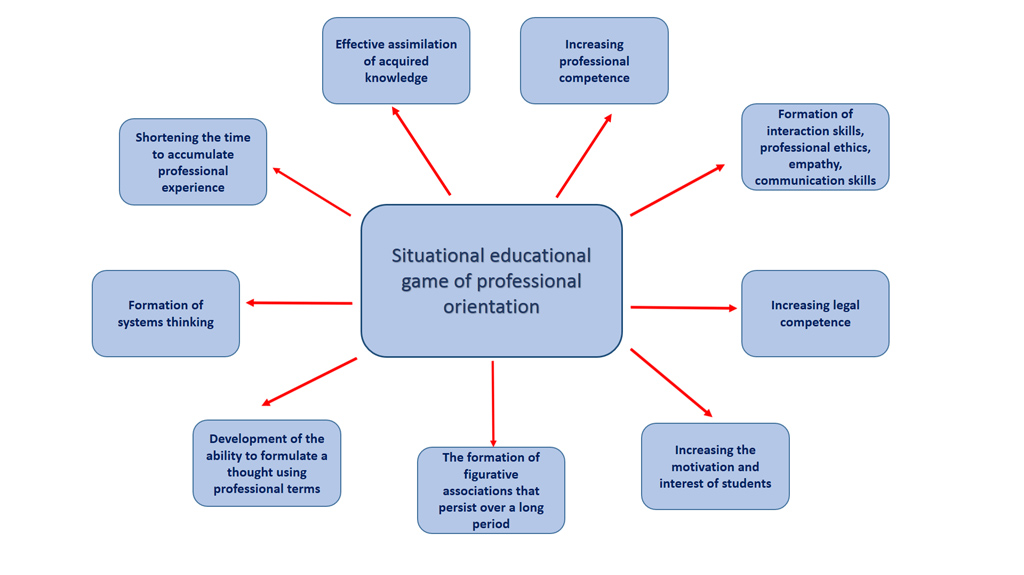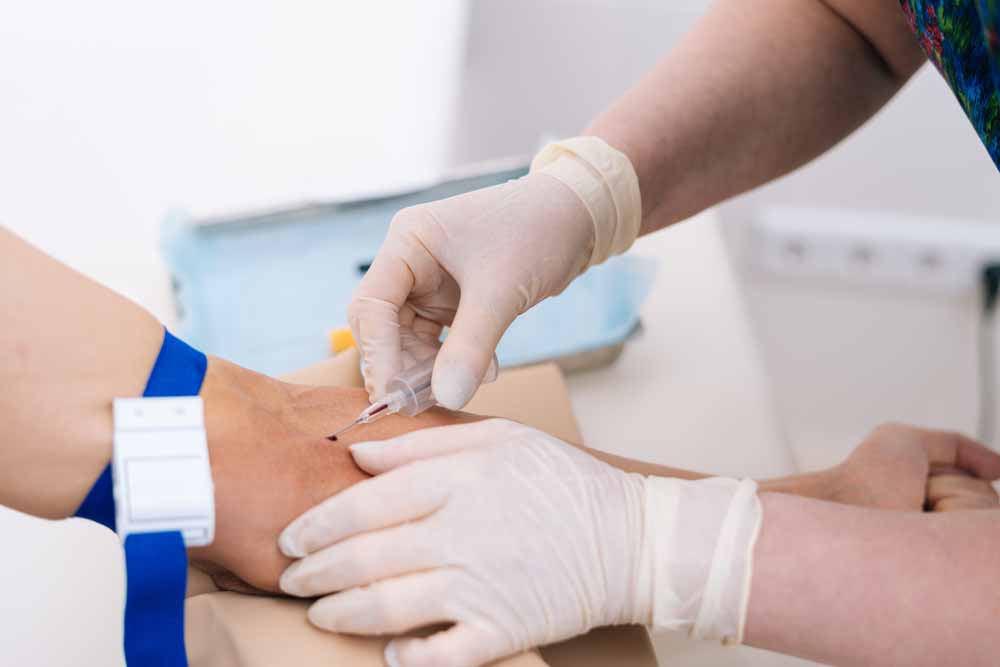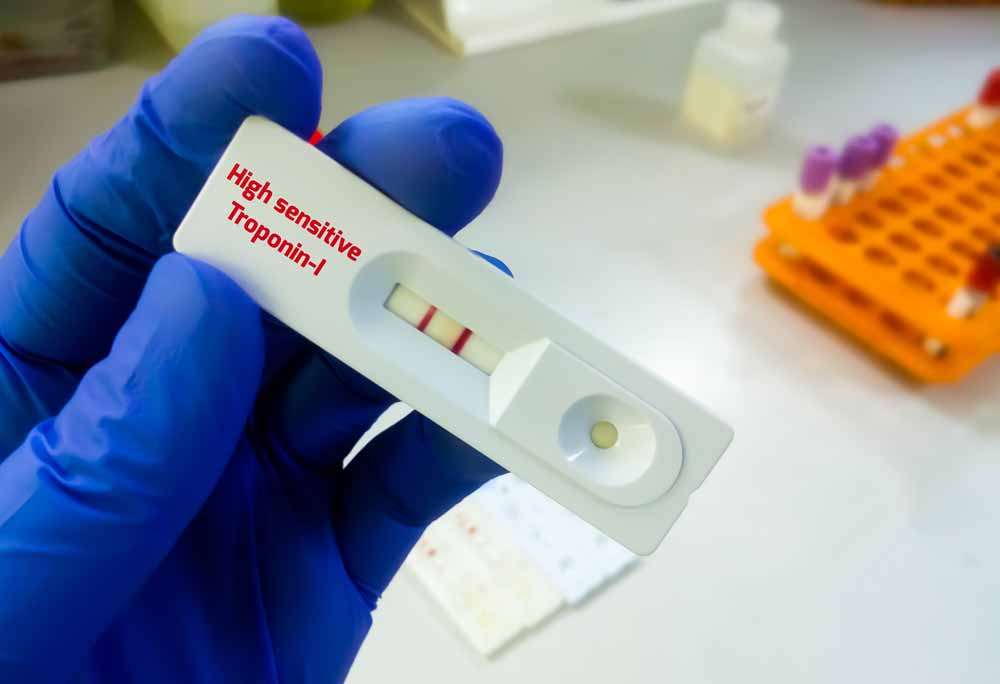Game formats in teaching medical students

The essence of educational medical games
An educational game is a form of lesson, during which learning and assimilation of the acquired knowledge takes place in a game mode.
Medical education involves not only the transfer of theoretical knowledge to students, but also the development of skills necessary for a practicing physician. In recent years, modern interactive teaching methodologies, including games, have been replacing traditional teaching with a unidirectional flow of knowledge from teacher to student. A professionally oriented game is one of the methods of interactive learning, aimed at a deeper assimilation of theoretical material, increasing the doctor’s competence in making decisions, providing medical care and solving a clinical problem since, the situation that is being played out is close to future professional activity.
Educational games are based on the principles of active joint activity, communication and game simulation of real conditions.
The educational game presupposes an active, specially organized activity of students. In artificial or imaginary conditions, the participants in the game improvisely recreate a situation as close as possible to the real work of a doctor, which makes it possible to comprehensively study a particular problem, as well as choose an appropriate algorithm of actions.
Benefits of introducing the learning game method into medical education
A situational educational game contributes to an increase in interest in the subject being studied, the development of creativity and gaining new experience on the basis of which skills and knowledge are formed. Conducting a lesson in this form allows you to consider the same situation from different angles, which means to understand it more deeply and assimilate the material being studied. To achieve a positive effect and consolidate the result, several games of increasing complexity are held.
Analysis of the actions of the participants in the role-playing game, helps the teacher to objectively assess the level of knowledge and preparedness of students.
Implementation
In order to embed the elements of gamification into the lesson, it is important to consider the following fundamental points:
- Determine the theme and subject of the game, as well as the object of imitation. In this case, the situation of a game lesson should simulate professional reality.
- Determine the real (teaching, educational) and conditional (game) goals of the lesson. It is important to remember that real goals should come first, and game goals are needed only as auxiliary ones – to create an emotional background and motivation. To determine the goals of the game, you can ask yourself questions: What category are the game participants? What skills should trainees acquire in the course of this game? What is it for? What results should be achieved?
- Figure out the plot, assigned roles and the nature of interaction. A fascinating plot is the basis of the quest. At the same time, the tasks that arise before the participants, should be important for them in real professional activities, and their implementation requires the use of knowledge and skills obtained earlier in the learning process, as well as the involvement of specialists in the relevant field.
- Determine the methodology and algorithm of the game, the degree of improvisation of the participants.
- Draw up a scenario and a flowchart of the game with explanations, if necessary. Think over each stage and episode of the game, foresee possible steps and ramifications of the situation, for example, changes in the state of the object of imitation (patient), which were caused by the actions of the players.
- Formulate the rules and regulations of the game.
- Define a grading system.
- Prepare the venue, the necessary equipment, nameplates for the roles, instructions for the participants and the necessary visual aids (medical records, laboratory data, radiographs, ECG data, PCG, etc.).
Stages of the game
The educational game is divided into three stages: preparatory, gameplay (the actual process of the game) and final stage.
1. Preparatory stage
During the preparatory stage, the participants in the game are introduced to the game situation, regulations, rules, tasks and instructions. Roles are assigned.
At the time of the game, the participants of the game must have knowledge on this topic: symptoms of the disease, research methods, etc.
2. Gameplay
In the course of the game, its participants, in accordance with the assigned roles, simulate a situation that reflects the real activity typical of the participants. Each player fulfills his specific task, while acting together.
The process of a “patient-doctor” type game can take place approximately according to the following scenario: the “patient” is called his diagnosis, which is unknown to the rest of the participants. He formulates complaints, and simulates symptoms characteristic of a given disease. The “doctor” must, through a dialogue, find out what worries the patient, clarify complaints, conduct an examination, study the research data, prescribe additional ones if necessary, make a diagnosis, justify it and prescribe treatment. If necessary, a consultation is held in the composition of other related specialists and a protocol for the complex treatment of the patient is drawn up. The “head of the department” analyzes and evaluates the work of the doctor.
The lesson can be held in other game forms, for example, in the form of a council, or a quiz, the participants of which actively discuss the situation, determine what actions need to be taken, after which they make a decision and inform the leader.
3. Final stage (debriefing)
At this stage, a discussion of the game, positive and negative points is held. The results are summed up, the scores, the level of knowledge of the participants as well as their skills and abilities are assessed.
Students should realize that the situation that occurred in the game, regardless of whether they originally planned such a course of events or not, can also occur in real activity, therefore, it is not right to disregard such a situation as simply a game.
An obligatory part of this stage is a reflexive analysis, with the help of which the trainees achieve a transition from the experience of living a game situation to the skills of introspection, self-esteem, development of their intellectual qualities, ability to set independent goals, determining the level of their results and the reasons for success or failure.
The position of the teacher when conducting role-playing games
An educational game, as a form of interactive learning, is based on the interaction of all participants in the process, including the teacher.
The main task of the teacher is to prepare and organize the conduct of the lesson, to create the necessary conditions for this. In the process of conducting the game, he can encourage students to discuss, show initiative, maintain the dynamism of the game, without becoming a direct participant in it, giving students a leading role.
Results
Results of a story game in teaching medical students are:
effective assimilation of acquired knowledge
increasing professional competence
shortening the time to accumulate professional experience
formation of interaction skills, professional ethics, empathy, communication skills
formation of systems thinking
increasing legal competence (filling out medical documents, respecting the rights of a doctor and patient, knowledge of safety precautions, etc.)
development of the ability to formulate a thought using professional terms
the formation of figurative associations that persist over a long period
bringing diversity to the learning process, increasing the motivation and interest of students, the impact of a benevolent (positive) environment on the student’s personality

Educational game and computer technology
Modern progress, the development of technologies make it possible to use software and hardware for the development of professional computer educational games. The development and modeling of computer-based educational games is not an easy process that requires careful step-by-step preparation, but the use of these technologies expands the possibilities for presenting material, creates conditions for the effective mastering of knowledge, skills and abilities by students, and the teacher gets the opportunity to focus on the methodological side of the game.
Educational simulators “Global electronic database of clinical case scenarios “ClinCaseQuest””, based on interactive teaching methods, allow the student to immerse themselves in a simulated situation, become a participant in the process, and solve a specific problem in accordance with the role. The passage of simulators allows you to work out the necessary skills in a virtual environment, as well as consolidate theoretical knowledge on a particular topic.
Read also:
Business game. The Importance of Gaming in Teaching Medical Students
Register on our website right now to have access to more learning materials!





